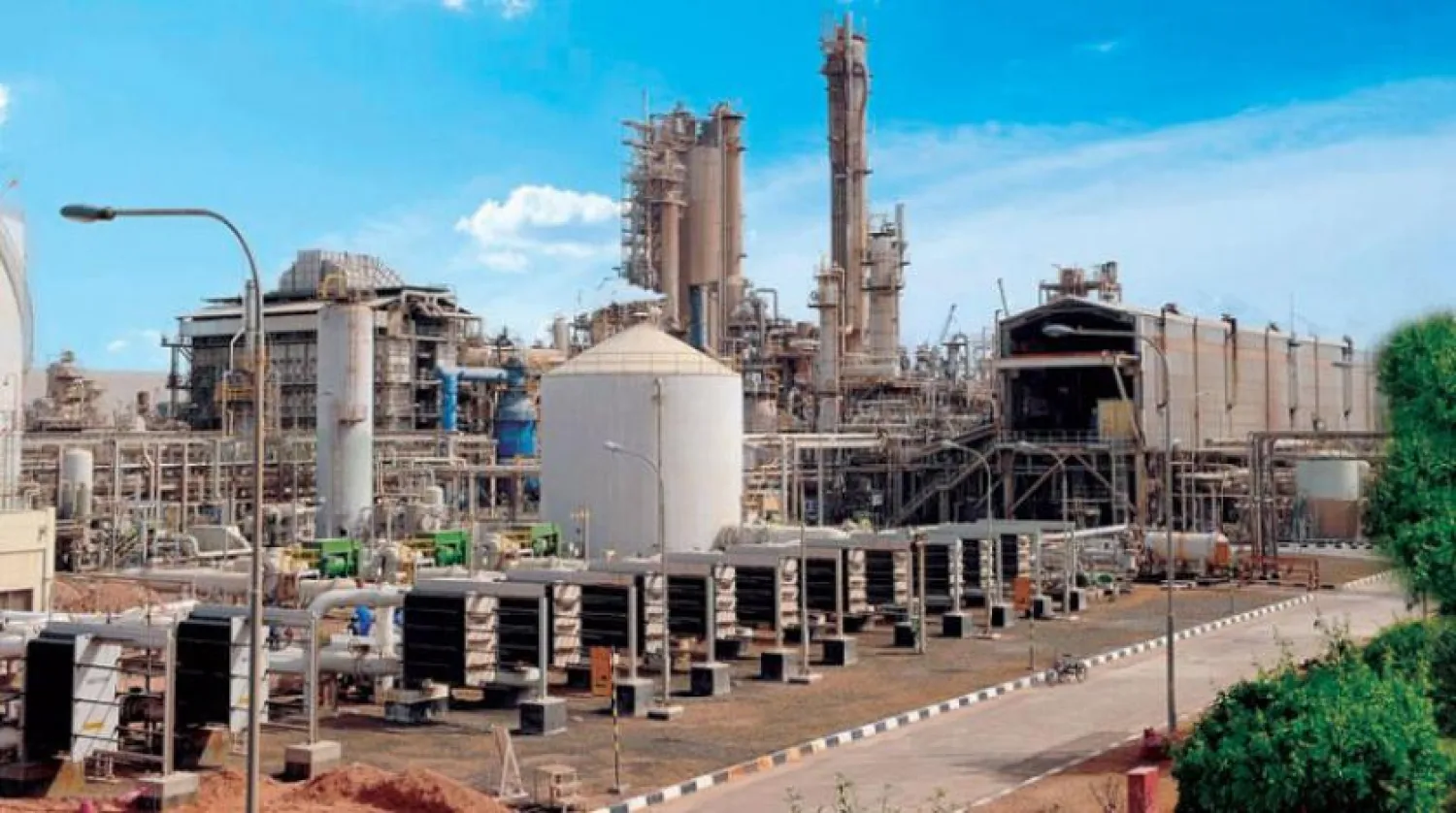Abu Dhabi National Oil Company (ADNOC) and chemical producer OCI N.V. plan an initial public offering (IPO) of 13.8 percent of the shares in fertilizer joint venture Fertiglobe on the Abu Dhabi Securities Exchange (ADX).
The Offering will be the first listing of a free zone company onshore in the UAE and is open to all citizens and residents of the UAE as well as local and international institutional investors in several countries, the joint venture said on Tuesday.
UAE Minister of Industry and Advanced Technology and ADNOC Managing Director and Group CEO, and Fertiglobe Chairman Sultan Ahmed al-Jaber said the launch of Fertiglobe’s IPO exemplifies ADNOC’s pivotal role in driving the growth and diversification of the nation’s economy, supporting the further development of the UAE’s private sector and equity capital markets, and attracting foreign direct investment.
He explained that the IPO will be the first listing of a free zone company onshore in the UAE and is open to all citizens and residents of the UAE as well as local and international institutional investors in several countries.
Fertiglobe offers a unique investment opportunity to access an increasingly critical global sector while also benefiting from emerging opportunities in the low-carbon ammonia value chain and the hydrogen economy, according to Jaber.
Fertiglobe was formed in September 2019 as a strategic partnership between OCI (58%) and ADNOC (42%), creating the world’s largest seaborne exporter of urea and ammonia combined, the Middle East and North Africa (MENA) region’s largest producer by production capacity, and an early mover in clean ammonia.
Fertiglobe owns production facilities in the UAE, Egypt, and Algeria.
For his part, Executive Chairman of OCI NV and Vice Chairman of Fertiglobe Nassef Sawiris announced Fertiglobe’s intention to float on the ADX, saying it marks another milestone in Fertiglobe’s growth journey since its creation in 2019.
“As a pure play nitrogen company and an early mover in clean ammonia, it enhances the visibility of Fertiglobe in the marketplace, including its financial performance, attributes that support a robust dividend capacity, commercial positioning, and unlocking of various strategic avenues of growth.”
Global demand for carbon-free ammonia is expected to increase significantly, estimated at 26 million tons by 2030 and 40 million tons in 2035.









